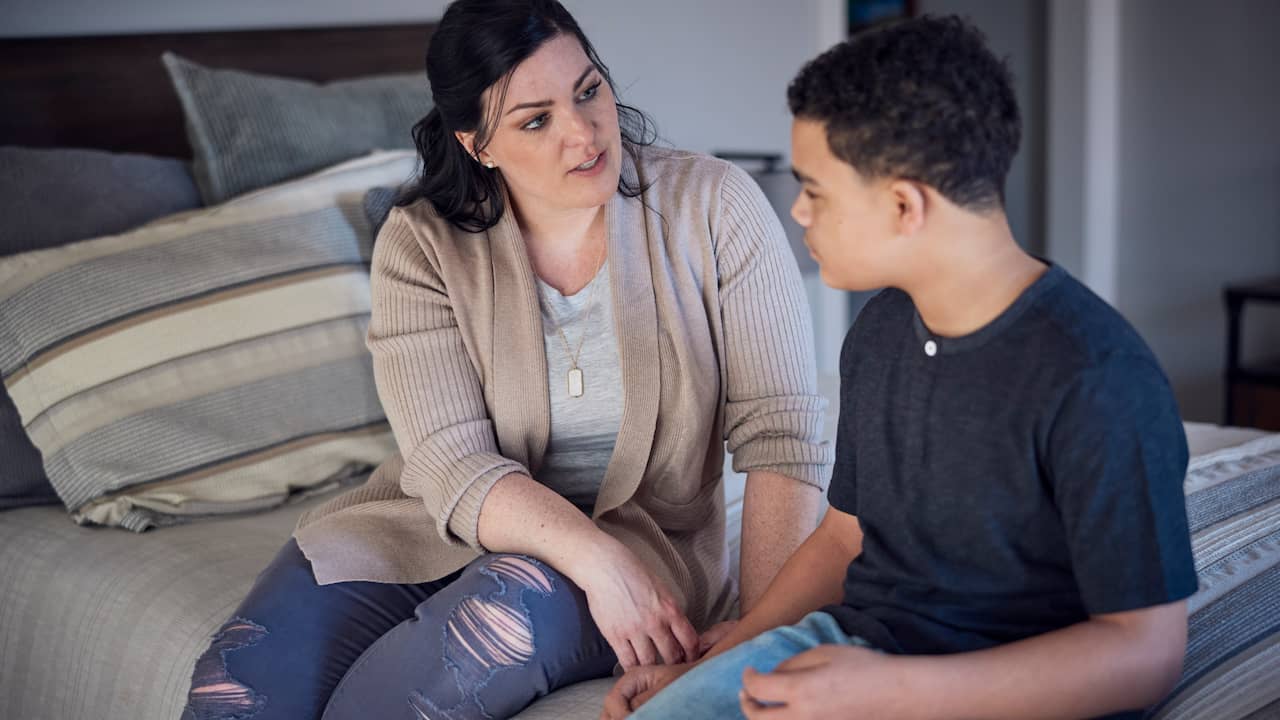Maarten van Ooijen, State Secretary for Youth Care, is positive about the proposals to improve youth care. D66, GroenLinks and the PvdA, among others, want to renew the stay of vulnerable young people in closed youth care. For example, friends must also be able to visit, the young people must receive pocket money and the isolation rules must be adjusted.
The bill that the House debated on Tuesday now states that only (foster) parents, carers and other family members are allowed to visit. But the parties are now arguing that friends can also come along.
In addition, they want all young people in the closed youth care to receive pocket and living money. D66 also wants residents to be able to receive compensation if their complaints are approved by the committee. Now it has to go through the courts.
The House will vote on these amendments to the bill next week. This means that the Youth Act must be amended and the rights of these young people improved.
Staff shortage leads to unnecessary isolation of young people
There is sufficient support in the House for this legislative change, but there are still ongoing concerns, such as about the staff shortage. Because of this shortage, young people are sometimes unnecessarily placed in isolation. That is not possible, says Van Ooijen. “Too few personnel should never be the basis for deprivation of liberty”.
If the new law is passed, the rules for placing a young person in isolation will be tightened. In principle, it is ‘no, unless’, said Van Ooijen. It must be necessary, there is no less severe alternative and the measure must be effective.
Only then can a court decide that a youth institution may place a young person in isolation. The amendment also stipulates that children under the age of twelve will never be placed in isolation.
However, there are fears that the isolation of young people will continue as long as there is a shortage of personnel. The law – to put a young person in isolation on the basis of these conditions alone – is a “paper reality”, stated GroenLinks MP Lisa Westerveld. In practice, she says, things work very differently. Aid workers “sometimes have no choice but to protect themselves and the rest of the group. We just have to recognize that.”
Van Ooijen acknowledges that care providers now sometimes opt for an intervention that would not have been chosen if there had been more staff. But the amendment to the law strongly limits the reasons for deprivation of liberty, the State Secretary emphasized.
Ontvang meldingen bij nieuws over de jeugdhulp in Nederland
Reducing closed youth care is a major concern
In addition, there are concerns about the complete phasing out of closed youth care by 2030. The House wants that, but fears that young people will no longer receive help.
Van Ooijen sees to it that youth care institutions do not close their doors before all young people receive appropriate help elsewhere.
Young people with serious growing-up or parenting problems, among other things, can end up in closed youth care. In 2022 there were 696 young people in a closed institution. It should be zero by 2030.


